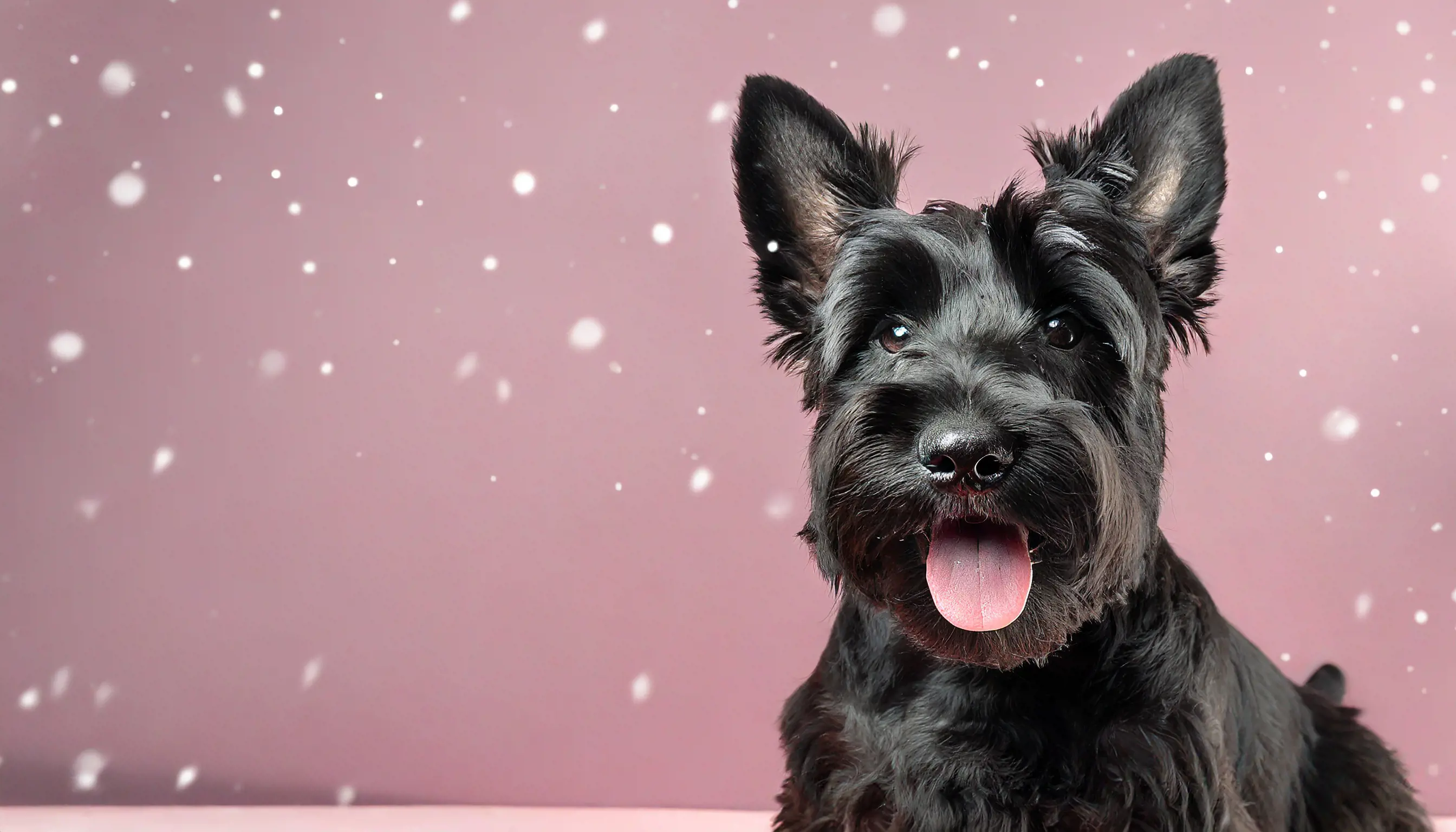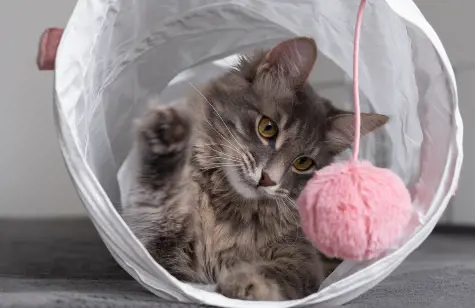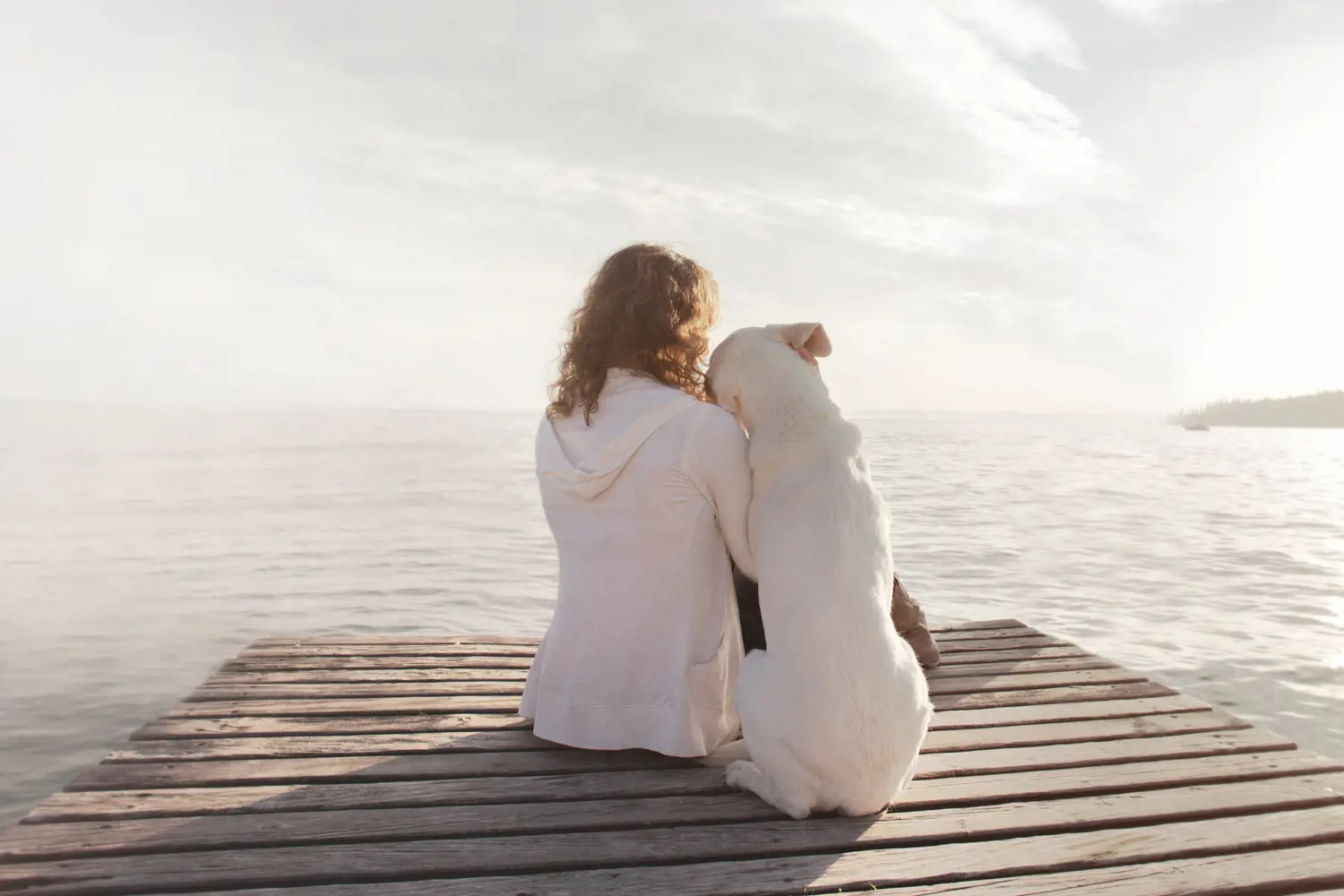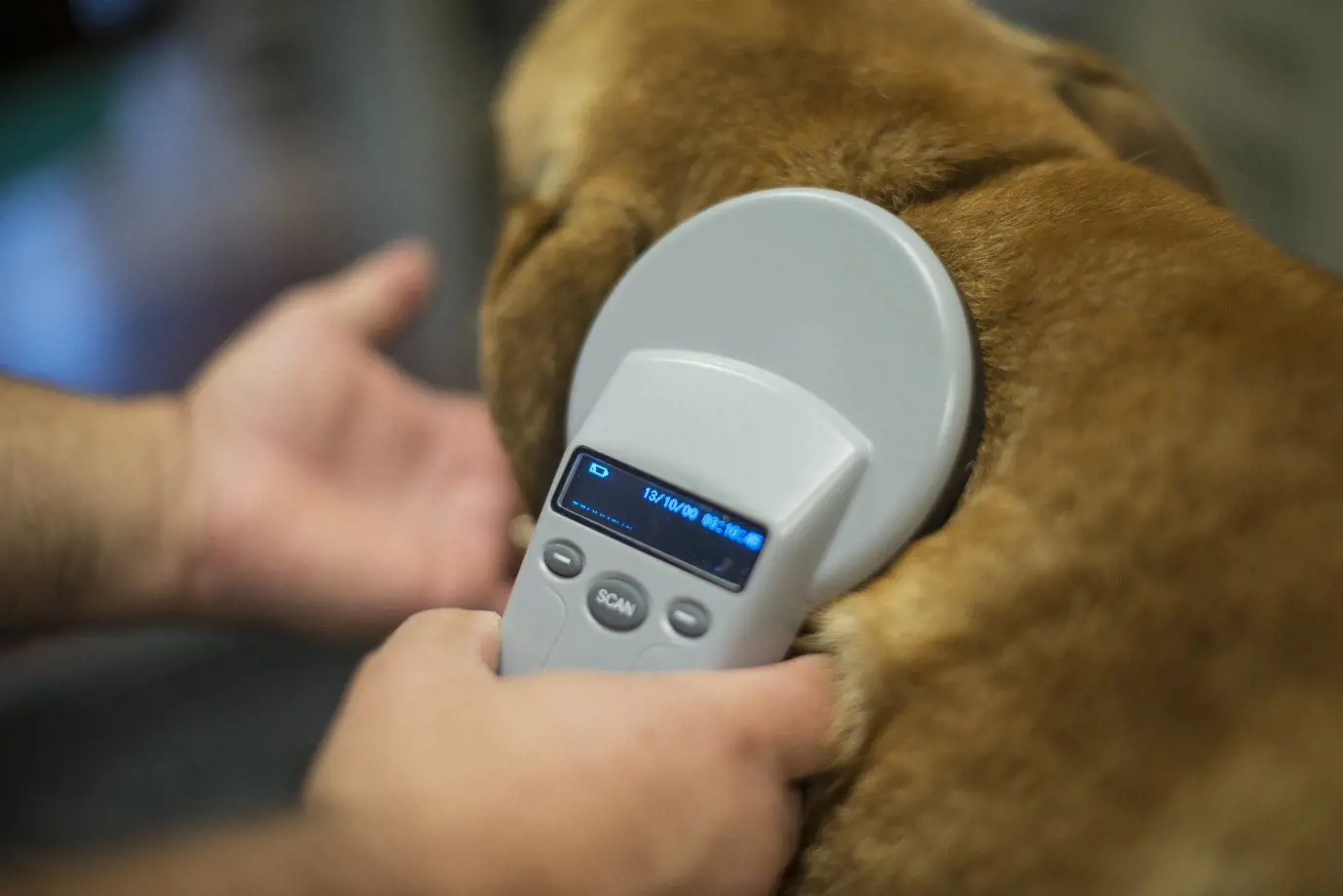Breed of the month - The Scottie!
16th November, 2023

A few facts about the Scottie
|
Weight range |
18-22 lbs. |
|
Size |
Small |
|
Typical lifespan |
12-16 Years |
|
Coat |
Short, double coat |
|
Colours |
Black, and all shades of wheaten or brindle |
|
Grooming needs |
High, 2-3 times a week |
|
Exercise needs |
Moderate, 30-45 mins per day |
|
Features |
Distinctive beard, long eyebrows |
|
Social/attention needs |
Moderate, happy alone for SHORT periods |
|
Bred for |
Vermin hunting |
|
Price |
£1000-£2500 |
Wise, brave, and sporting, Scottie dogs- more properly know as Scottish Terriers, were once one of Britain’s most popular breeds.
The sturdy Scottish terrier is perhaps the most distinctive of Scotland’s five terrier breeds.
They’re beloved of shortbread-tin and handbag designers, royalty of both the British and Hollywood variety, as well as several US presidents, writers and of course Monopoly players!
As are all terriers, they’re assertive as well as courageous, loyal, and highly intelligent- and were originally bred to hunt rats, badgers, and foxes.
History
Although known as the Scottish Terrier since 1879, the Scottie has had several earlier names, including the Aberdeen Terrier, the Hard-Coated Scotch Terrier and the Die-Hard or Wire-Haired Terrier.
Descended from the ancestral Highland Terrier, and closely related to the West Highland Terrier, the Scottish Terrier was a working dog, bred to go to ground and take on any pest necessary. Their short legged, powerful muscular build and hard coat meant they were excellent in this role.
Temperament
Scottish terriers are renowned for being loyal, devoted, highly intelligent dogs that form strong bonds with their owners.
They thrive in a home environment and love nothing more than to be included in everything that goes on around them! Although they are affectionate towards all family members, they tend to form a strong tie with one person, this is usually the person who takes the most care of them.
They love digging which can be a problem if they start digging up flower beds or the lawn! They also boast a high prey-drive, even in a home environment and will happily chase anything that moves whenever the opportunity arises- care should be taken when they are around pets or animals they do not know.
A Scottie is never happier than when they know their place in the pack and who they can look to for direction and guidance.
If they don't know who the alpha dog is in a household, they may quickly take on the role of a dominant dog which can make them harder to live with and handle.
Are they a good choice for first time owners?
Scottish Terriers are a good choice for first time owners, due to their amenable and people loving nature. They love nothing more than to please and entertain their families. They are good around children and older people too, which is why they make such lovely companions. Even so, dogs and young children should never be left alone together, and adults should supervise all interactions between them.
Grooming
To retain the hard, weather-proof coat the Scottish Terrier must be hand stripped three or four times a year. This is something you can learn to do yourself or have done professionally. Their legs, head and body can be clipped.
Grooming their faces and beard and checking between toes/pads for foreign bodies should be done daily, with the rest of the body done a couple of times a week.
Nutrition and feeding
Small dogs have a fast metabolism, meaning they burn energy at a high rate, although their small stomachs mean that they must eat little and often. Small-breed foods are specifically designed with appropriate levels of key nutrition and smaller kibble sizes to suit smaller mouths. This also promotes chewing and improves digestion.
Training
The Scottish terrier is a strong minded and independent breed, so whilst they can be trained to a high level you will need to employ positive reinforcement and ensure you remain interesting and motivating. If bored, the Scottie will find their own amusement.
An outlet for their natural desire to hunt small vermin, in the form of tug toys is a must, and good socialisation with other dogs and other species from an early age is vital.
Helpful Pages
Recent Posts
Pet Insurance Quote
- 98% claims paid *
- Claims paid directly to vets
- 24/7 vet video consultations
- Interest free monthly payments




